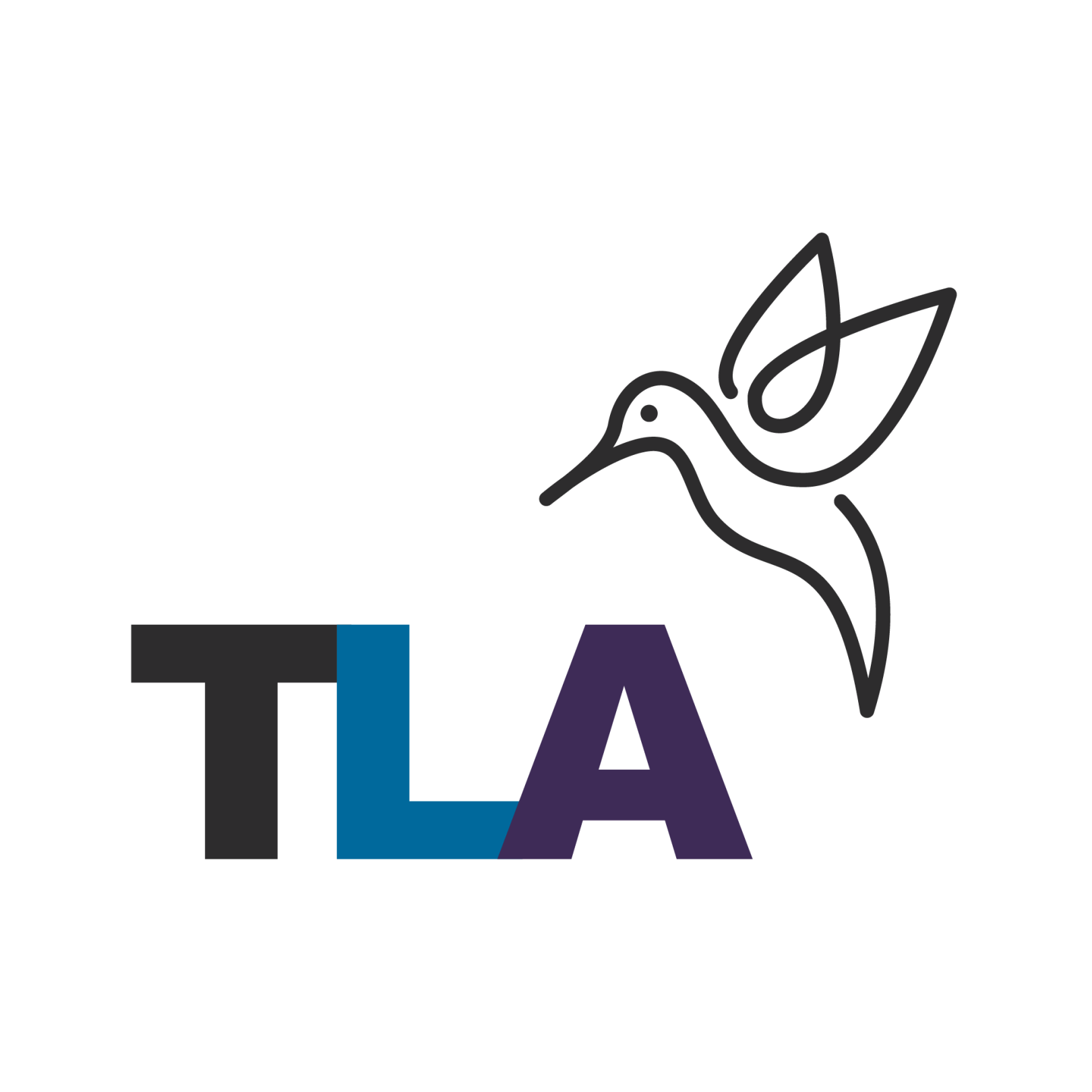LAMDA
Excellence in Speech, Voice, and Performance
At TLA, our LAMDA programme is a cornerstone of our training. Delivered with precision, care, and creativity, it enhances our acting curriculum and sharpens every student’s command of voice, text, and performance.
Students train in Acting and Verse & Prose, progressing through Introductory Stages, Grades 1–8, and culminating in the Medal Examinations: Bronze, Silver, and Gold. TLA’s students have consistently achieved some of the highest distinctions in the UK, a testament to the quality of teaching and the depth of student dedication.
TLA’s Approach:
Our LAMDA training is integrated with the same values that define our academy—truthful performance, rigorous technique, and creative individuality. Whether a student is preparing for a Gold Medal or reciting their first poem, we teach them to speak with purpose, act with conviction, and love the process.
Read the curriculum below:
⸻
Introductory Stages
The Joy of Speaking Clearly and Expressively
At the earliest level, students build foundational skills in clear speech, rhythm, and expressive delivery. Through storytelling, poems, and short prose pieces, they learn to bring language to life with energy and intention.
Focus Areas:
• Vocal clarity and projection
• Memorising and performing short pieces
• Simple stagecraft: eye contact, stillness, confidence
• Joyful communication and ensemble work
⸻
Grades 1–3 (Acting & Verse and Prose)
Structure, Confidence, and Character Discovery
Students begin formal graded work, learning how to prepare and perform pieces with structure and clarity. The focus shifts to understanding character, conveying meaning, and building confidence in solo performance.
Acting Focus:
• Performing monologues from published plays
• Basic character development and emotion
• Understanding motivation and objectives
• Developing vocal range and expressiveness
Verse & Prose Focus:
• Exploring rhyme, rhythm, and language
• Reading prose aloud with fluency and control
• Engaging with text meaningfully
• Early literary awareness through performance discussion
⸻
Grades 4–5 (Acting & Verse and Prose)
Technique, Range, and Emotional Connection
At this level, students are challenged to explore more emotionally complex material and to show a broader vocal and physical range. This is the stage where performance becomes craft.
Acting Focus:
• Clear contrast between two diverse characters
• Understanding subtext, energy shifts, and transitions
• Physicality and movement in performance
• Developing text analysis skills and performance vocabulary
Verse & Prose Focus:
• Tackling more advanced poetry and classical forms
• Emphasising musicality, metre, and vocal shaping
• Deeper literary comprehension and terminology
• Thoughtful discussion with the examiner about author intent and style
⸻
Grades 6–8 (Acting & Verse and Prose)
Artistry, Interpretation, and Ownership
Students are now expected to perform with professional-level intention and interpretation, taking full creative ownership of their pieces. This is where technique meets artistry.
Acting Focus:
• Selecting material suited to type and vocal/emotional strengths
• Creating layered, complex characterisations
• Demonstrating control of vocal and physical nuance
• Explaining stylistic and contextual choices with confidence
Verse & Prose Focus:
• Mastery of poetic form and expressive delivery
• Sensitive reading of emotionally and intellectually rich prose
• Sophisticated articulation of language, theme, and structure
• Poised, analytical conversation with the examiner
⸻
Medal Exams – Bronze, Silver & Gold
The Pinnacle of Personal and Performance Excellence
The Medal Exams represent the culmination of a student’s LAMDA journey. These demanding assessments require the performer to prepare and present three contrasting monologues and engage in an in-depth discussion of performance technique, character study, and dramatic context.
Key Elements:
• Three contrasting pieces from different periods and styles
• Full command of character, subtext, and audience connection
• Practitioner-inspired technique: Stanislavski, Hagen, Meisner, Adler
• Vocal maturity, breath support, and dynamic range
• Confident, articulate discussion of all creative choices
These qualifications are not only recognised by drama schools and conservatoires, but also earn UCAS points and stand as evidence of a young person’s ability to communicate, interpret, and lead with confidence.
⸻



